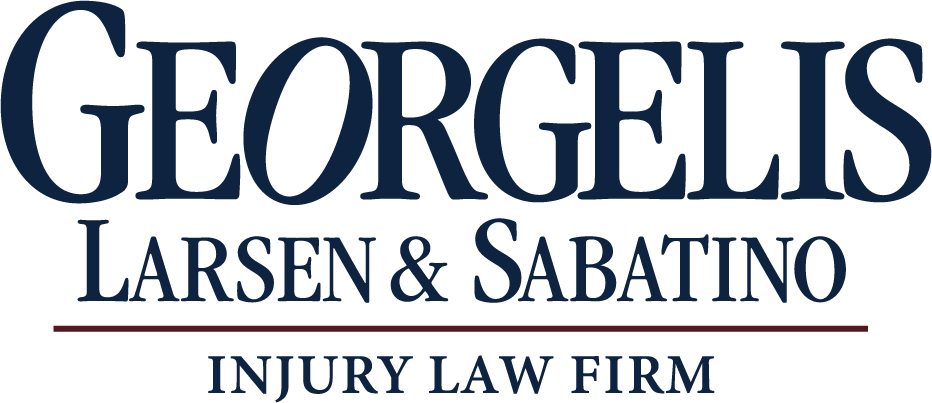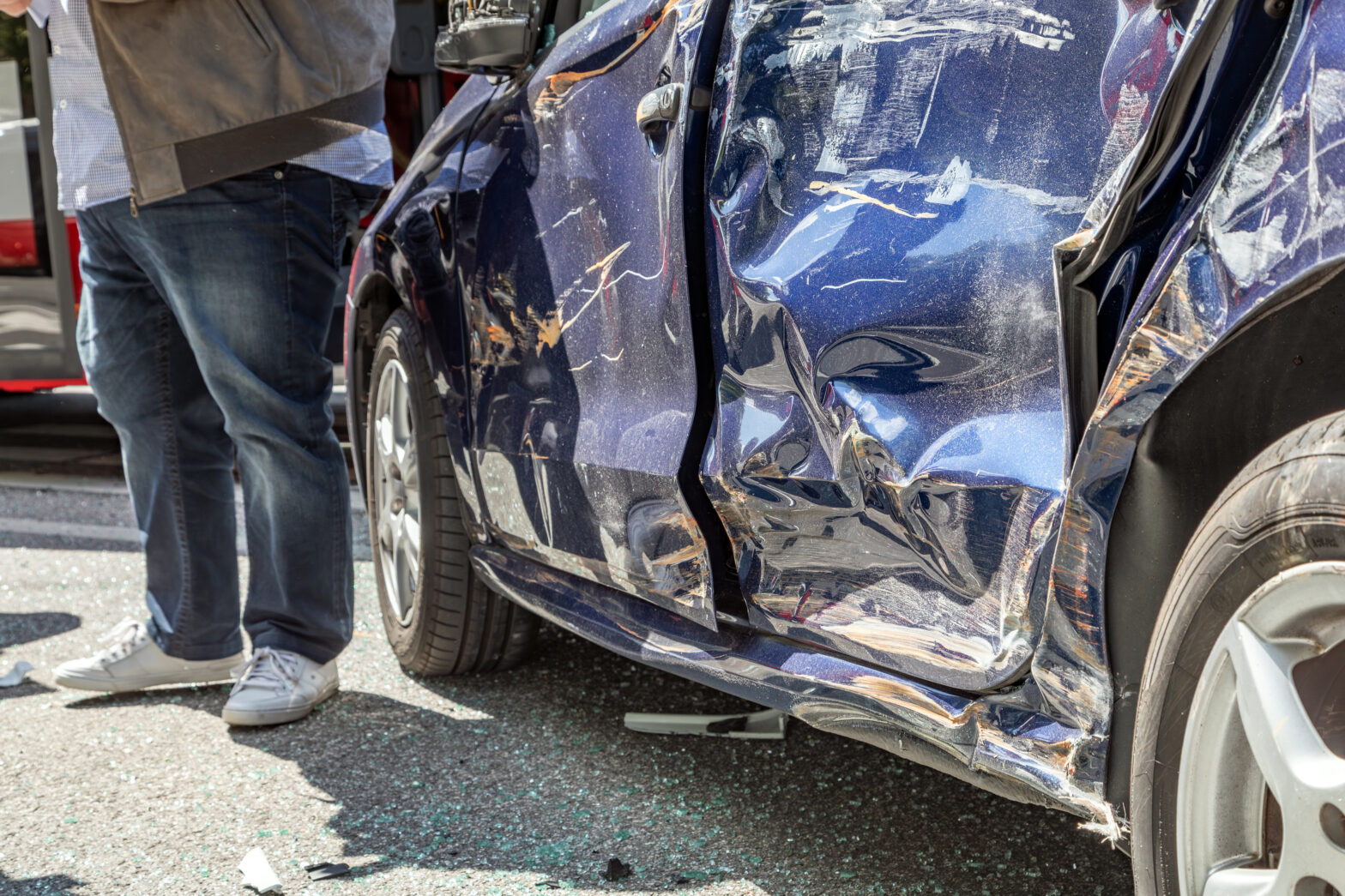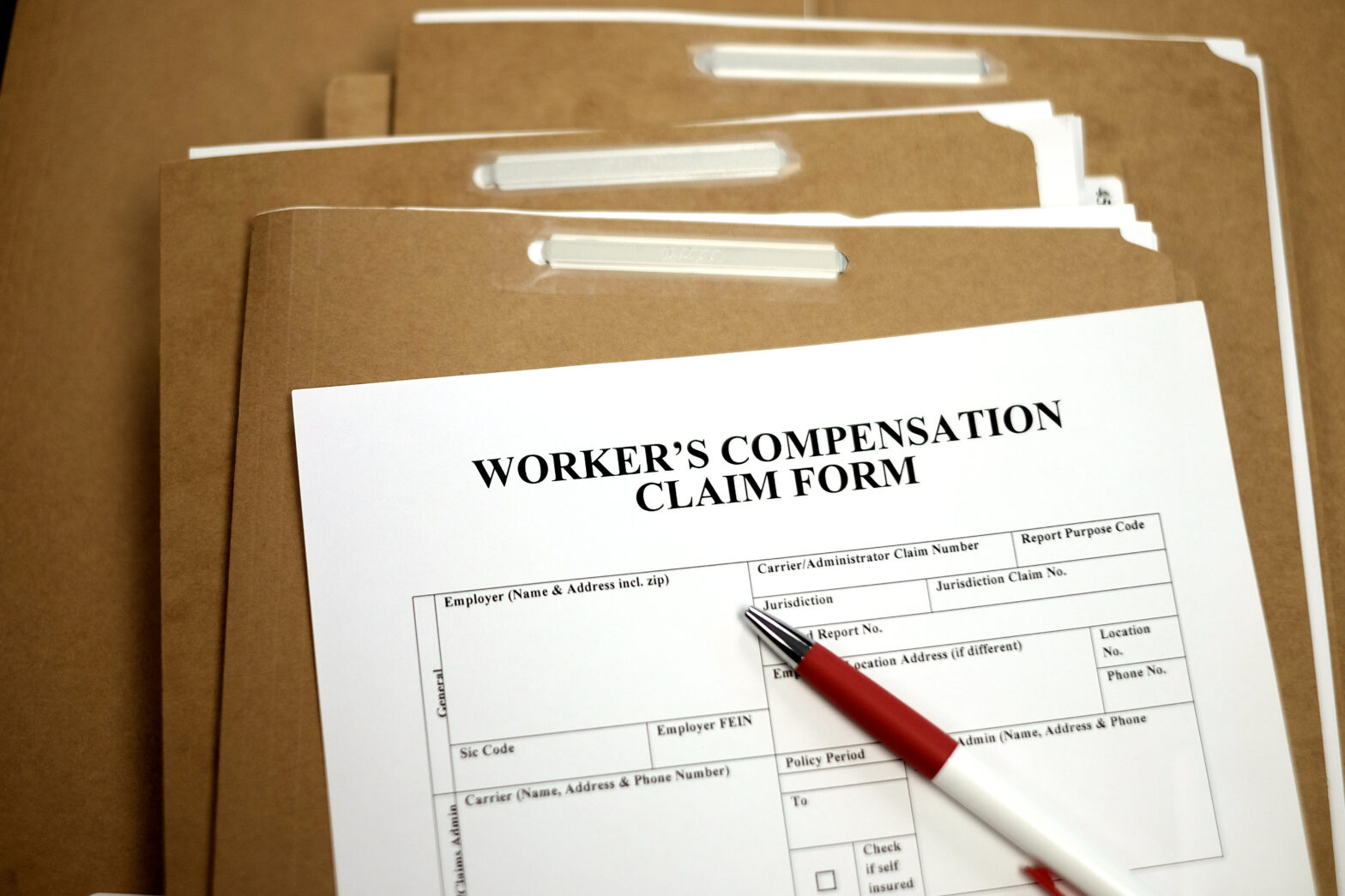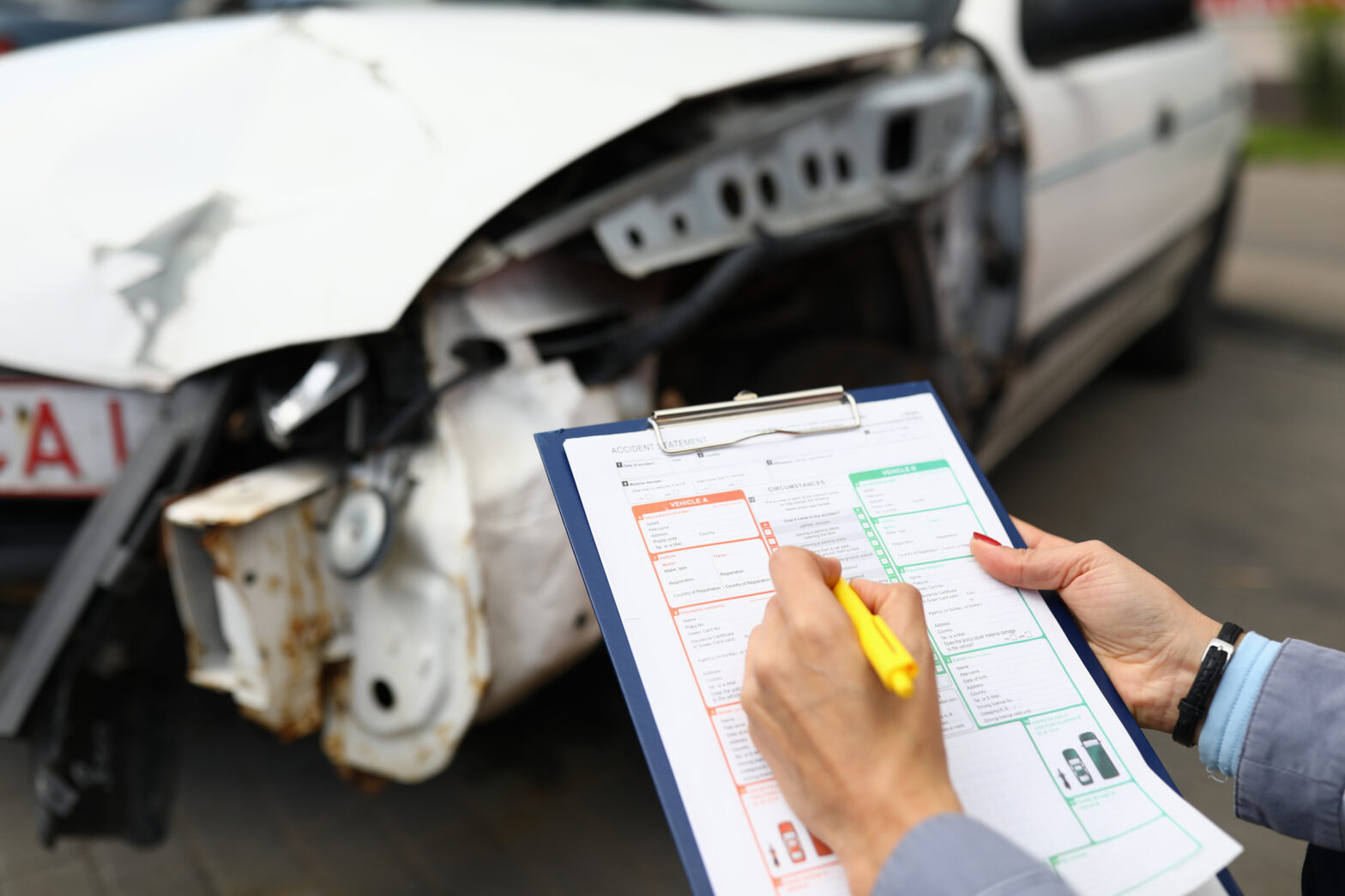Workers’ Compensation and Hearing Loss
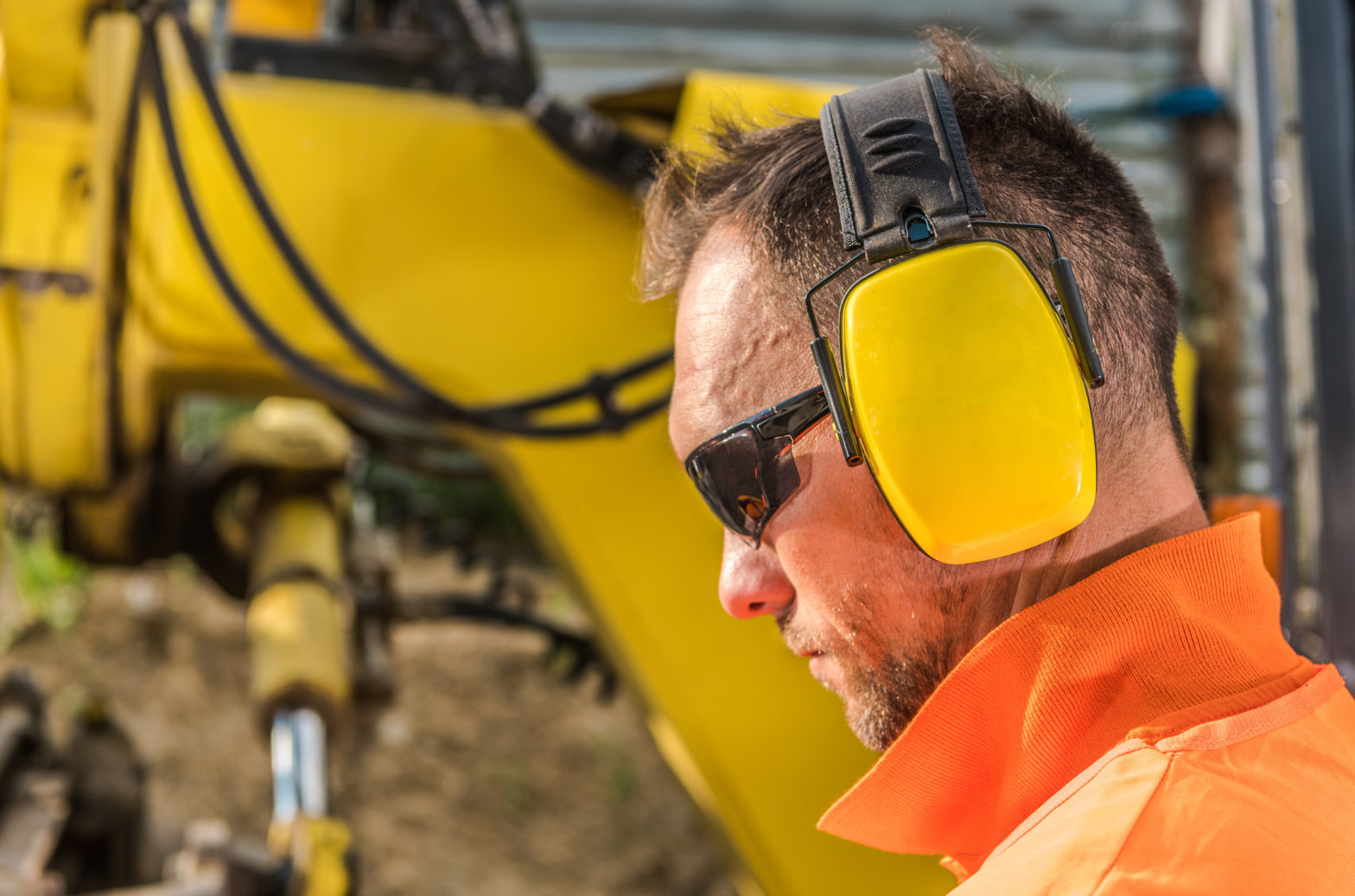
October is National Protect Your Hearing Month, a time to remind both employers and employees about the importance of protecting one of our most valuable senses. Over time, being around hazardous noise can make you lose your hearing — and once it’s gone, you can’t get it back.
Hearing loss is one of the most common ailments among workers in the United States. Workers in noisy industries are especially at risk for hearing loss. Construction sites, manufacturing centers, and even sports arenas all produce sounds that can damage the ear canal and cause hearing loss.
Let’s take a look at:
- Occupational Hearing Loss Statistics
- Common Jobs with Hearing Loss Risk
- Hearing Loss Prevention for Employers
- Filing a Workers’ Comp Claim for Hearing Loss
Occupational Hearing Loss Statistics
When most people think of occupational injuries, they likely imagine a worker who fell from a ladder and injured his back, or perhaps an employee who lost a finger or hand on a machine or piece of equipment. While these kinds of injuries happen more than they should on the job, hearing loss is a real risk for employees who work in noisy environments or work with certain chemicals.
In fact, according to the U.S. Bureau of Labor Statistics, there were more than 14,500 cases of work-related hearing loss in 2019. Occupational hearing loss (OHL) is caused by exposure to hazardous noise (sounds 85 decibels or higher) or ototoxic chemicals such as solvents. Each year, more than 22 million workers are exposed to hazardous noise, 10 million are exposed to solvents, and an unknown number of workers are exposed to other ototoxicants.
Other interesting occupational hearing loss statistics include:
- About 25% of all U.S. workers have experienced hazardous noise in the workplace.
- Approximately 12% of all workers have hearing difficulty. Of those, nearly 25% of cases are caused by occupational exposures such as noise or chemicals.
- Two-thirds of noise-exposed workers report not wearing hearing protection.
- About 16% of noise-exposed tested workers have a material hearing impairment, a form of hearing loss that impacts daily activities.
- 13% of noise-exposed tested workers have hearing impairment in both ears.
- Nearly 8% of workers in the United States have ‘ringing in the ears,’ known as tinnitus.
If you’ve experienced a loss of hearing or hearing impairment due to an exposure to hazardous noise or an oxotoxic chemical, you may be entitled to workers’ compensation benefits. With respect to on-the-job hearing loss in Pennsylvania, workers’ comp can help you with your medical expenses incurred from your injury, and a worker who loses part or all of their hearing as a direct result of their work duties can secure specific loss benefits through the workers’ comp system.
Common Jobs with Hearing Loss Risk
What are America’s loudest jobs? While some jobs, such as construction workers, may seem obvious, other careers may surprise you. Do you know if your job puts you at risk? Here are some common jobs where decibel levels can reach a hazardous level and can be damaging to your hearing:
- Flight Crew: The decibel (dB) level of a normal conversation is 60 dB. During takeoff of a plane, the decibel level can reach 130 dB. Prolonged exposure to decibel levels over 100 can cause permanent hearing loss. Workers in the airline industry should be diligent in protecting their hearing.
- Construction Workers: Between traffic, jackhammers, drills, and machinery, construction workers are subject to a variety of sources of loud noise. More than 51% of U.S. workers have been exposed to hazardous noise.
- Farmers: Farming is a noisy business! Damaging noise levels from agricultural equipment such as grain dryers, tractors, combines, livestock, generators, chainsaws, and air compressors can cause permanent hearing loss.
- Miners: Every day 80% of U.S. miners go to work in an environment with hazardous noise levels. Heavy equipment, drilling, and confined work environments contribute to the high level of noise. Studies show that most miners – 90% – have hearing loss upon retirement.
- Factory Workers: Deafening sounds from trucks, machinery, and tools pose the risk of noise-induced hearing loss for factory and manufacturing workers. Some factory floors have noises that reach 115 dB, well above the safe limit.
- EMTs: The noise level of an ambulance siren can reach 120–130 dB. Exposure at this level, even for a brief period, can cause permanent hearing damage.
- Musicians: There’s a reason some musicians wear ear protection during a concert. A rock concert can reach 110-115 dB and exposure for just 15 minutes can cause hearing damage. Musicians, roadies, ushers, and other workers in stadiums and arenas are at risk for hearing loss.
- Dentists: No one likes when the dentist needs to use a high-speed turbine drill! It is not only uncomfortable for the patient, but it is also hazardous to the dentists. Dentists are at risk of 115 dB during their workday, a very hazardous noise level.
- Bouncers and Bartenders: Have you ever tried to carry on a conversation in a noisy bar or restaurant? It’s nearly impossible! That’s because the noise level can exceed 80 dB. Long-term exposure to this level of hazardous noise can cause hearing loss.
If you work in a high-risk industry and feel your noise exposure caused hearing loss, reach out to an experienced workers’ compensation law firm to discuss your workers’ compensation claim. Because hearing loss is permanent, workers’ comp benefits can help you with the expenses of hearing aids, cochlear implants, and other devices designed to improve your hearing.
Hearing Loss Prevention for Employers
Occupational hearing loss can be reduced, or often eliminated, through occupational hearing loss prevention programs in the workplace. Hearing loss prevention programs are required and are regulated by OSHA and other government agencies.
The CDC recommends addressing noise in the workplace through five areas:
- Elimination: If possible, employers should physically remove the noise hazard from the work area.
- Substitution: If an employer cannot eliminate the hazard, the next best option is to substitute the piece of equipment with something quieter.
- Engineering controls: Engineering controls require physical changes to the work environment such as redesigning equipment to eliminate noise and constructing barriers that prohibit noise from reaching an employee.
- Administrative controls: If the above three options do not successfully remove an employee from a hazardous noise environment, employers can reduce noise exposure for an employee by changing their work schedule when possible or operating noisy equipment during non-peak hours.
- Personal protective equipment (PPE): Many workers that have occupational hearing loss were not wearing ear protection. Employers are required to offer free ear protection to employees in hazardous work environments. In excessively loud work areas, employers should offer both earplugs and earmuffs to protect workers’ auditory health.
Hearing loss prevention programs benefit both employers and employees. If you work in an environment where your employer has not provided proper hearing protection and you have suffered hearing loss, reach out to the best and most-experienced workers’ comp attorney in Lancaster, PA to learn more about your rights.
Filing a Workers’ Comp Claim for Hearing Loss
Unlike some injuries on the job, such as a broken bone or a laceration, hearing loss can be gradual and may go unnoticed for some time. Some workers may not even know they have hearing loss until they start missing out on conversations or can’t hear the television or radio.
If you’ve discovered your hearing isn’t like it used to be, and feel it is caused by your work environment, file a workers’ comp claim as soon as possible. Follow these steps to start the process:
- Notify your employer. Once you inform your boss of your injury, they are required to report it to the state and their insurance company. Your employer is also legally obligated to inform you of the next steps you need to take to file your claim with the Department of Labor and Industry.
- Go to the doctor. If you have hearing loss, you will need to get your hearing tested by a physician. Your employer may require you to visit their approved workers’ comp physician for the first 90 days of your treatment.
- File a workers’ comp claim. Occupational hearing loss should be eligible for coverage through your employer’s workers’ compensation insurance. It’s important to understand this is your responsibility, not your employer’s. They will not file one for you.
To get help pursuing a hearing loss claim through Pennsylvania’s workers’ compensation system, you should have top-notch legal representation by your side. The best workers’ comp attorneys in Lancaster, PA can handle all of the communication with the workers’ compensation insurance company, make sure that you receive all of the wage loss and medical benefits to which you are entitled, and deliver maximum compensation through a specific loss settlement of your hearing loss claim.
Filing a claim can be time-consuming, especially if your claim is denied. Having a workers’ compensation lawyer on your side can help you understand your rights and the benefits you are entitled to. If you suffered a hearing loss on the job, contact a workers’ comp attorney at Georgelis, Larsen & Sabatino Injury Law Firm, P.C. to help you with your claim.
Georgelis, Larsen & Sabatino Injury Law Firm, P.C.’s attorneys have been voted the best in Lancaster County, as part of Lancaster County Magazine’s Annual “Best of Lancaster” Survey, for 9 years running. They have recovered over $90 million for those injured on the job and victims of motor vehicle and other accidents. Georgelis, Larsen & Sabatino Injury Law Firm has over 190 Google reviews, and they’re 5-stars. We will evaluate your case, free of charge, and we do not take a fee unless we win money for you! Just dial 1-800-HURT-NOW.
